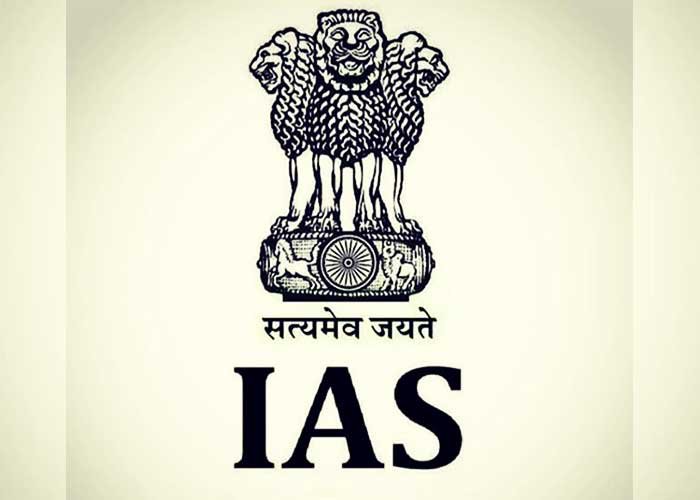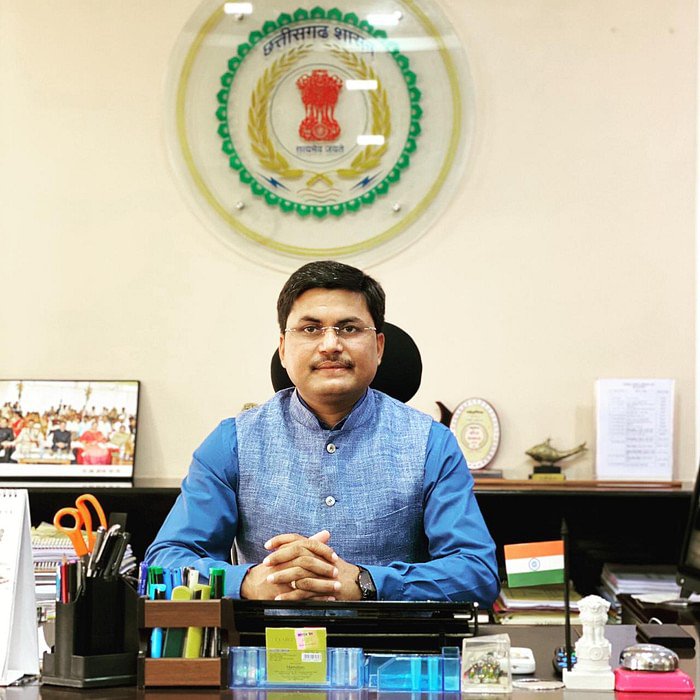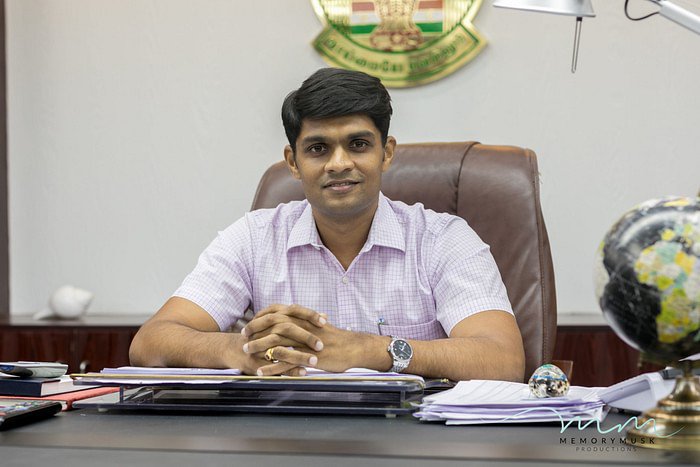More than a million applicants across the length and breadth of the country follow the dream of becoming Indian Administrative Service (IAS) officers every year. From a prestigious title and attractive salaries to numerous other perks, it’s a completely different league when compared to other professions.

Here are the perks IAS officers enjoy!
SALARY:
2. For selection grade, super time scale and above super time scale, the salary is between ₹1,00,000 and ₹2,00,000.
3. For apex scale and cabinet secretary grade, the salary is fixed for ₹2,50,000.

Check Out – Women IPS Officers
PERKS:
1. Residence: From lavish houses to big bungalows, they get gigantic residential houses at little to no rent cost. However, these houses are assigned to them on the basis of the pay scale and seniority. The size of the houses is decided in keeping with the Central public works department.
2. Transport: The government assigns vehicles to them based on their specific rank. The officers posted in rural areas get an ambassador whereas senior officers get luxury cars like a Toyota Fortuner or Innova.
3. Security: They can get their own licensed guns like other citizens but they are not allotted a gun by the government. However, they are allotted 3 home guards and 2 bodyguards for themselves and their families.
4. Bills: They get free or highly subsidised electricity, water, gas and phone connections.
5. Vacation: They enjoy subsidised accommodation in government guest houses or bungalows during their official or un-official trips. When in the capital, they can take advantage of living at their State Bhawans.
6. Leaves: The officers who have completed 7 years of service can avail of this benefit and opt for study leaves for 2 years. They can go for the courses at foreign universities and the cost of such courses will be undertaken by the government.
7. Pension: They enjoy lifetime pension and retirement benefits.

POWERS:
1. They handle government affairs and infrastructure.
2. They implement and supervise the process of establishment of government policies.
3. They give the first order in case of any major disaster, riots and accidents.
4. They distribute and allocate funds that are required to implement the government policies as well as maintaining the government infrastructure.
5. They make sure that there are no irregularities of funds.
6. They consult with various departments and elected representatives for the above functions.

How many of these did you already know?

















